15 Hidden Factors That Spark Aggressive Behavior In Dogs

Can you recall a moment when your dog went from sweet and cuddly to all teeth and growls? It’s enough to leave you scratching your head, right? The truth is that there are many hidden triggers for aggressive behavior that are far from obvious. So, let’s take a look at 15 overlooked reasons that might lead to your pet’s aggression.
Pain And Discomfort

When a dog experiences pain, whether from an injury or itching, it can become irritable and defensive. So, always keep an eye on how your dog reacts to touch and handling, especially as they age or if they have any history of injury.
Lack Of Socialization

Dogs that haven’t been exposed to different people, animals, and environments during their early months may react aggressively when faced with unfamiliar situations. For example, a dog that’s never encountered a busy street or other dogs may find these experiences overwhelming.
Genetics And Predisposed Temperament

Genetics plays a key role in shaping a dog’s behavior, and certain breeds are more predisposed to aggression due to inherited traits. However, a dog raised in a calm environment with clear boundaries may not display the same level of aggression as one raised in a stressful situation.
Resource Guarding
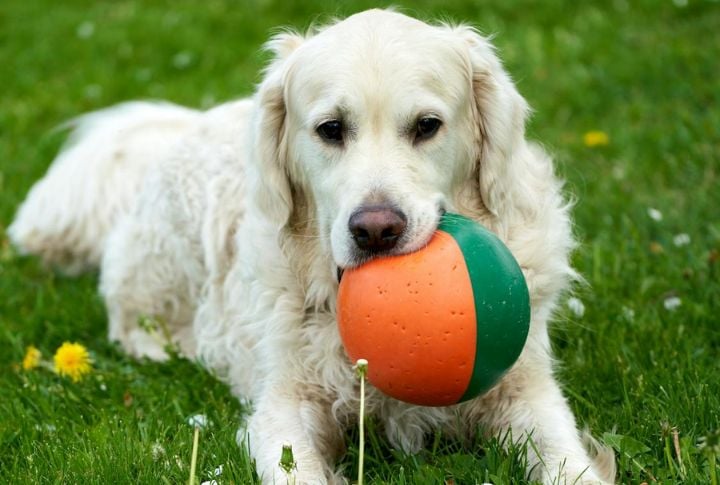
Resource guarding is a very common behavior in dogs. It occurs when a dog perceives its food or toys as valuable, and feels the need to protect it from others. This kind of aggression can be triggered by competition where the dog feels it has to fight for resources.
Hormonal Imbalances
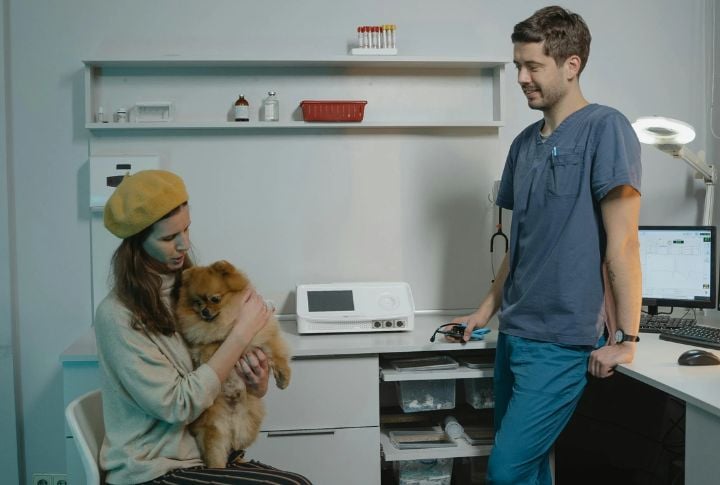
Hormonal shifts can make dogs more irritable and prone to aggression. Dogs that are unspayed often exhibit more aggressive tendencies, especially during mating seasons when their hormones are in overdrive. It’s important to consult a vet if you suspect a hormonal imbalance.
Traumatic Past Experiences
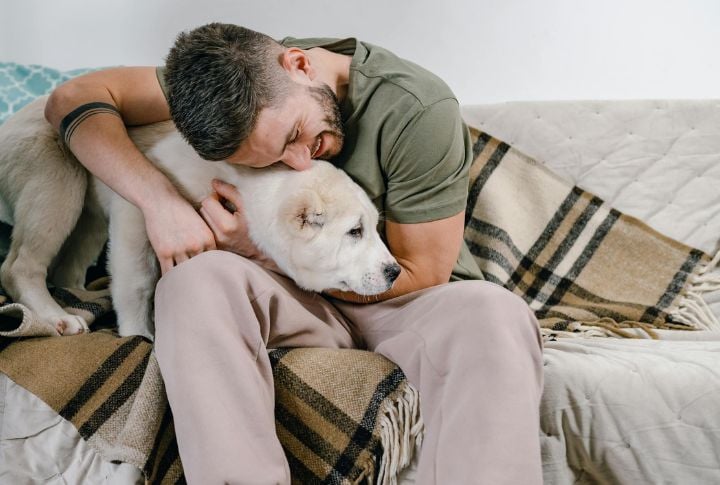
A dog’s history of abuse can deeply impact its behavior. Traumatized dogs may react aggressively when faced with situations that remind them of their past. Understanding these triggers, like certain smells or actions, can help you avoid escalating situations and build trust.
Medical Conditions
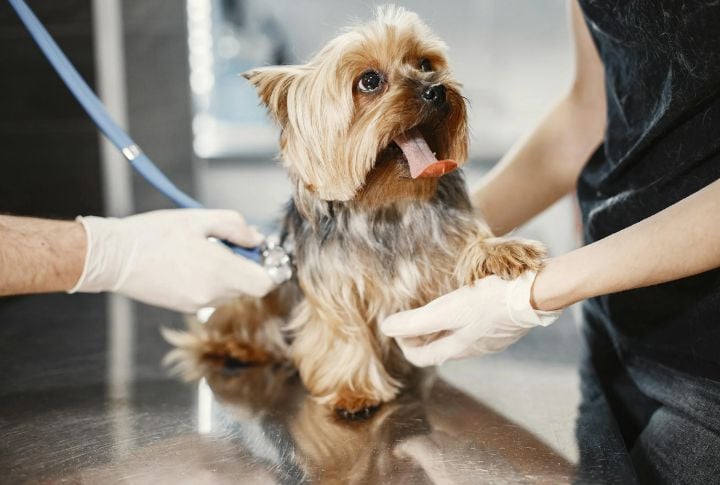
Certain medical conditions are linked to aggression. Hypothyroidism, for instance, affects mood regulation, while conditions like brain tumors or infections can cause sudden behavioral shifts. Regular veterinary checkups ensure that any underlying health issues contributing to aggression are addressed promptly.
Separation Anxiety

Dogs that suffer from separation anxiety experience extreme distress when their owners leave, and this can manifest in aggressive behavior. They may act out by barking, growling, or even destroying household items as a form of coping with the stress.
Age-Related Cognitive Decline

Just like humans, dogs experience a form of dementia known as canine cognitive dysfunction syndrome (CDS). CDS causes a dog to lose its ability to recognize familiar people and objects, which can make them act out aggressively.
Overstimulation Or Excitement
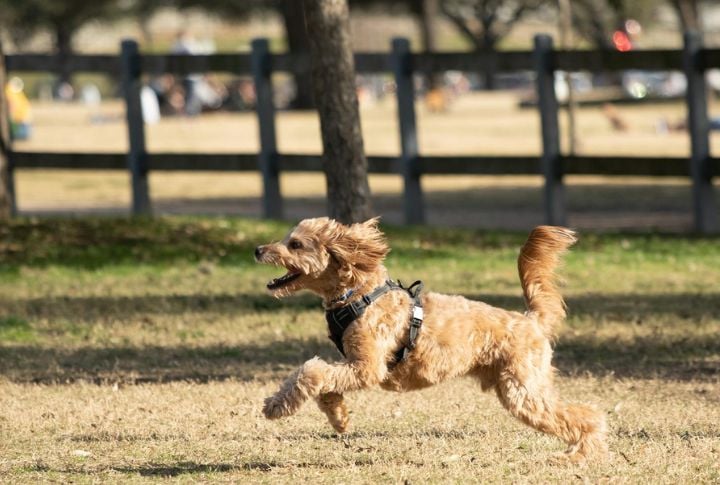
It’s not uncommon for dogs to display aggressive behaviors when they become overwhelmed by a high-energy environment. This often occurs during playtime, particularly when a dog is allowed to get too excited or overstretched by the level of stimulation around them.
Lack Of Training
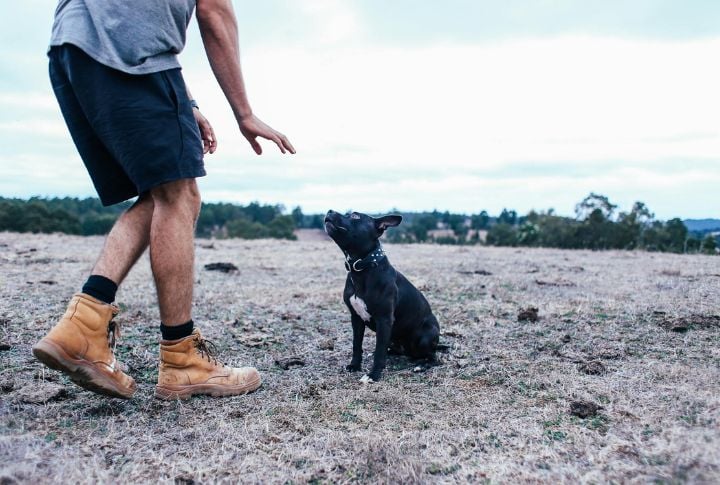
Without clear boundaries, dogs develop behaviors that make them appear fierce. Dogs that are allowed to act without guidance may push limits in situations where they should be calm. Incorporating basic commands like “sit,” “stay,” and “leave it” into daily interactions can foster discipline.
Stressful Environments
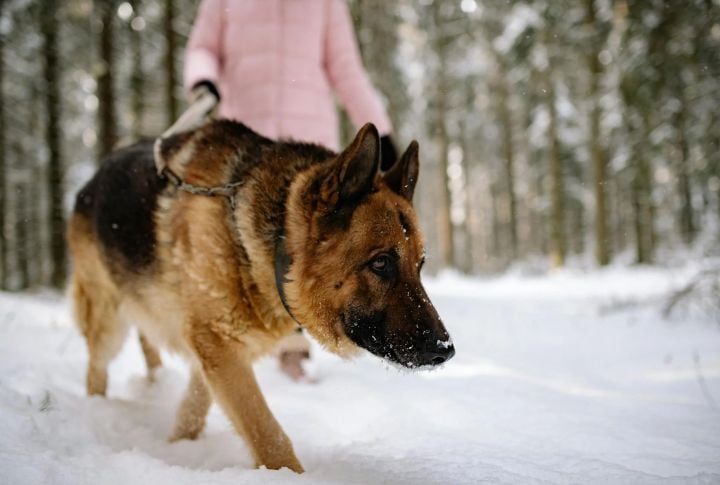
Dogs are sensitive to any kind of changes in their surroundings, and sudden shifts in their routine can create feelings of insecurity. This is particularly true for dogs that are already anxious or sensitive. If your dog is particularly sensitive, gradual introductions to new situations can help them adjust.
Boredom-Induced Aggression
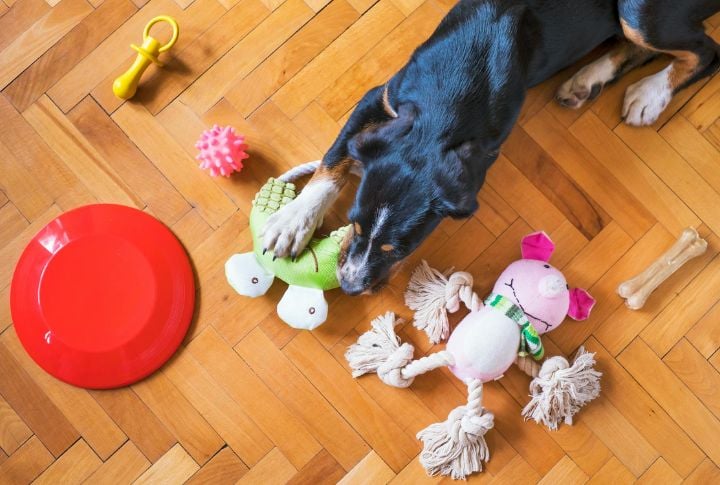
A bored dog can become a destructive and aggressive one. To prevent boredom-induced aggression, it’s important to provide regular exercise and mentally stimulating activities. Various toys and regular play sessions can help your pup burn off excess energy and prevent them from acting out.
Misreading Body Language
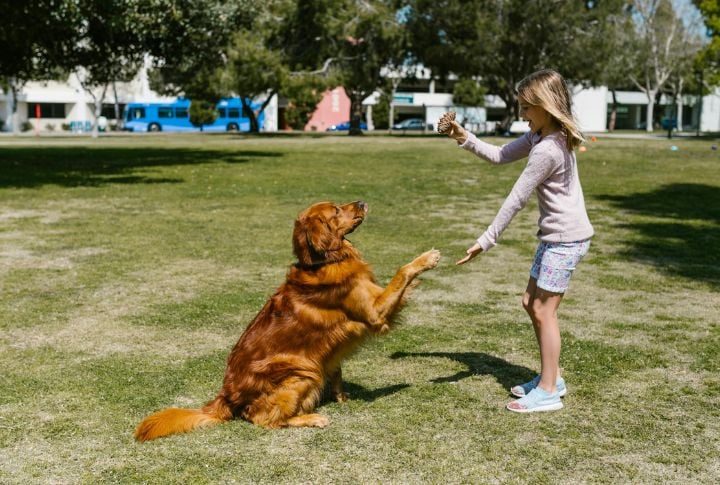
Dogs sometimes misread signals from other dogs or humans, leading to aggression. For example, a submissive gesture from another dog may be interpreted as a challenge, sparking an aggressive response. To prevent this, it’s important to teach your dog to read social cues correctly.
Lack Of Consistency In Handling

Consistency is important when it comes to handling dogs. Inconsistent or mixed signals from different family members can confuse a dog, leading to frustration. Dogs thrive in environments where they know exactly what is expected of them, and inconsistency can lead to defensive behaviors.






